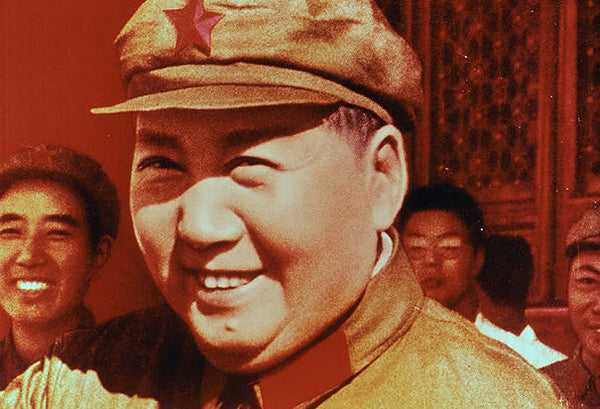
After Mao’s death, Deng manoeuvred his way to power by drawing on a network of alliances and his formidable authority as a revolutionary elder. But conventional narratives arguably overstate the extent to which elite politics changed under Deng and successive CPC leaders. The received wisdom, both in and beyond China, is that Deng Xiaoping, China’s paramount leader in the 1980s and early 1990s, promoted a collective leadership model and new powersharing conventions that provided the political stability underpinning China’s meteoric rise. But the CPC was supposed to have solved this problem. How did Xi sidestep the protocols of powersharing and consensus decision-making that the post–Mao Zedong leadership - determined not to suffer a repeat of Mao’s calamitous final years in power - intended to shape Chinese politics into the future? How did the Party, with its supposedly established norms - such as those limiting its top leaders to two five-year terms and ensuring its members represented diverse ideas and interests - fail to constrain Xi from amassing such power? Leninist systems tend to produce strongman rule by virtue of their pyramid structure and because Leninist parties sit above the law. Much less attention has been given to the system that has enabled Xi to concentrate power in his own hands.

Given Xi’s seemingly unassailable position at the apex of CPC power, students of Chinese politics have naturally been interested in his life and leanings. His lieutenants have cultivated his personality cult, projecting the image of Xi as commander-in-chief of the New Era in which he will lead the Party’s historical mission to restore China’s civilisational greatness and proper place in the world. Since coming to power in 2012, Xi has systematically sidelined potential rivals, promoted loyalists, and taken charge of all key decision-making processes at the top of Chinese politics. The conspicuous absence of potential successors on the new Politburo Standing Committee suggests that Xi will remain the strongman ruler of the People’s Republic of China (PRC) for at least another five years beyond his current term (2022–2027) and possibly for life. The Party had already passed a historic resolution the year before - only the third in its 100-year history - establishing Xi as the ‘core of the central committee and of the whole party’ and Xi Jinping Thought on Socialism with Chinese Characteristics for the New Era as the party’s guiding ideology.

At the Communist Party of China (CPC) Congress in October 2022, Xi Jinping was confirmed for a third term as the Party’s General Secretary.


 0 kommentar(er)
0 kommentar(er)
